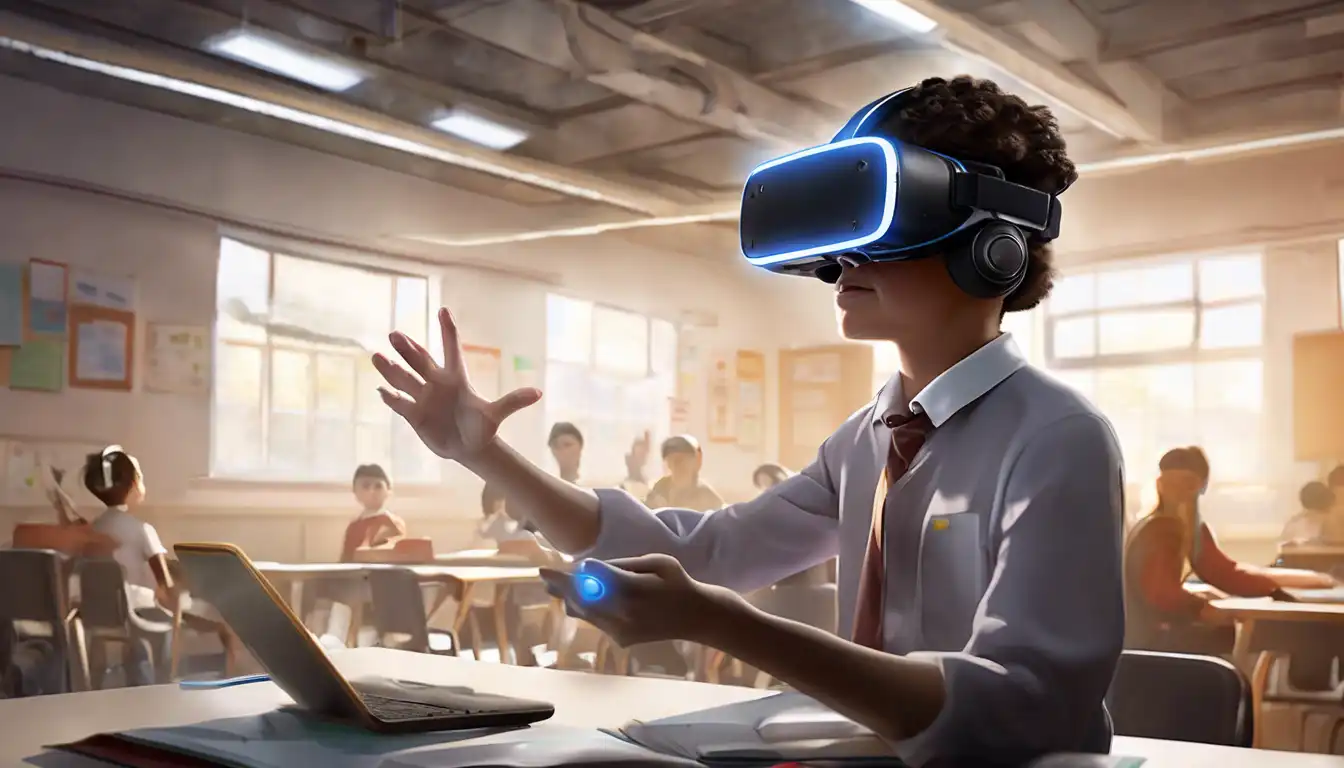The Transformative Impact of Virtual Reality on Learning and Skill Development
Virtual Reality (VR) technology has rapidly evolved from a futuristic concept into a practical tool in various sectors, notably in education and training. Its immersive nature offers unparalleled opportunities for experiential learning, making complex concepts easier to understand and skills more accessible to master.
Why VR in Education?
VR in education transcends traditional learning boundaries by providing immersive, interactive experiences that engage students in ways textbooks and lectures cannot. From virtual field trips to historical sites to interactive science experiments, VR makes learning more engaging and effective.
Benefits of VR in Training
In the realm of professional training, VR offers a safe, controlled environment for practicing high-risk skills, such as surgical procedures for medical students or machinery operation for engineers. This not only enhances learning outcomes but also significantly reduces the risks and costs associated with traditional training methods.
Challenges and Considerations
Despite its potential, the integration of VR into education and training faces challenges, including high costs, the need for technical infrastructure, and the development of quality content. However, as technology advances and becomes more accessible, these barriers are gradually being overcome.
Future Prospects
The future of VR in education and training is bright, with ongoing advancements in technology paving the way for more immersive and interactive learning experiences. As VR becomes more mainstream, its potential to revolutionize how we learn and train is limitless.
For more insights into the latest trends in e-learning, check out our guide on e-learning trends.
Conclusion
Virtual Reality holds the promise of transforming education and training by making learning more immersive, interactive, and effective. While challenges remain, the potential benefits for learners and professionals alike are too significant to ignore. As we continue to explore and expand the capabilities of VR, its role in shaping the future of education and training is undeniable.
